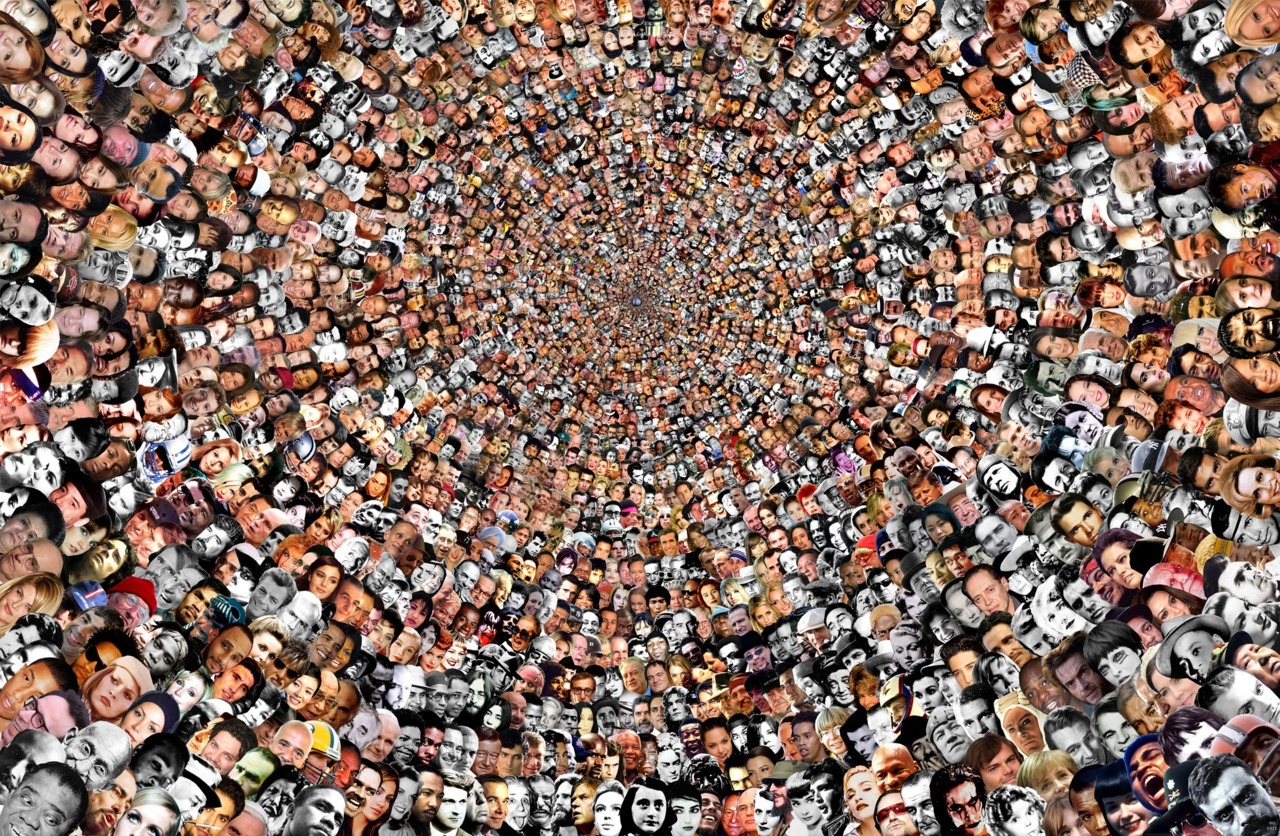
Right after a child's birth up to their growing stages, parents often argue and predict how their child would look like in the future. Will the child be a carbon-copy of mom,dad, or the grannies?.
University of Washington has developed a software that might depopularize "throw back thursday" photographs and call more attention to the future. -this new software aims to predict your looks when you age.
Related: Beauty articles in Thailand
Predicting a child's physical feature is a fun family argument; members even pull out old photographs to give a brag and compare whatever is there to be proud of (or embarrassed about).
Researchers from the University of Washington have developed a what seems to be “clairvoyant” software that can generate time-lapsing images of how a young child could look like in the succeeding ages of life. The software can automatically render a child's probable facial feature working with lighting, variable expressions and poses.
The software uses an image of a child as young as 3 and automatically generate its face into multiple age brackets.
According to Ira Kemelmacher – Shilizerman, a computer science professor at UW: "Aging photos of very young children from a single photo is considered the most difficult of all scenarios, so we wanted to focus specifically on this very challenging case,"
A baby's face changes drastically through the years; appearance, shape, and expressions could be very hard to predict. To make a more accurate prediction, the software gathers thousands of random faces from the Internet, determines the average pixel arrangement from each photo, calculate all visual changes from each age bracket using a specific algorithm and apply it on the younger face being tested.
The researchers tested their automatically rendered images against 82 actual people photographed over span of years. Results suggest that people participated on the testing find it hard to distinguish the rendered photos fairly against the raw ones.
"Our extensive user studies demonstrated age progression results that are so convincing that people can't distinguish them from reality," said co-author Steven Seitz, a UW professor of computer science and engineering.
Because of the convincing pioneer results, UW doctoral student Supasorn Suwajanakorn is hoping to incorporate more identifiers such as wrinkles, white hair, ethnicity, and other cosmetic factors. With these, the software would be able to represent every human face more accurately.
The research is being funded by Intel Corporation and Google.







No comments :
Post a Comment